Day 5
10 minutes of music lessons for 1 migrant in Berlin
 Music lessons that connect worlds
Music lessons that connect worlds
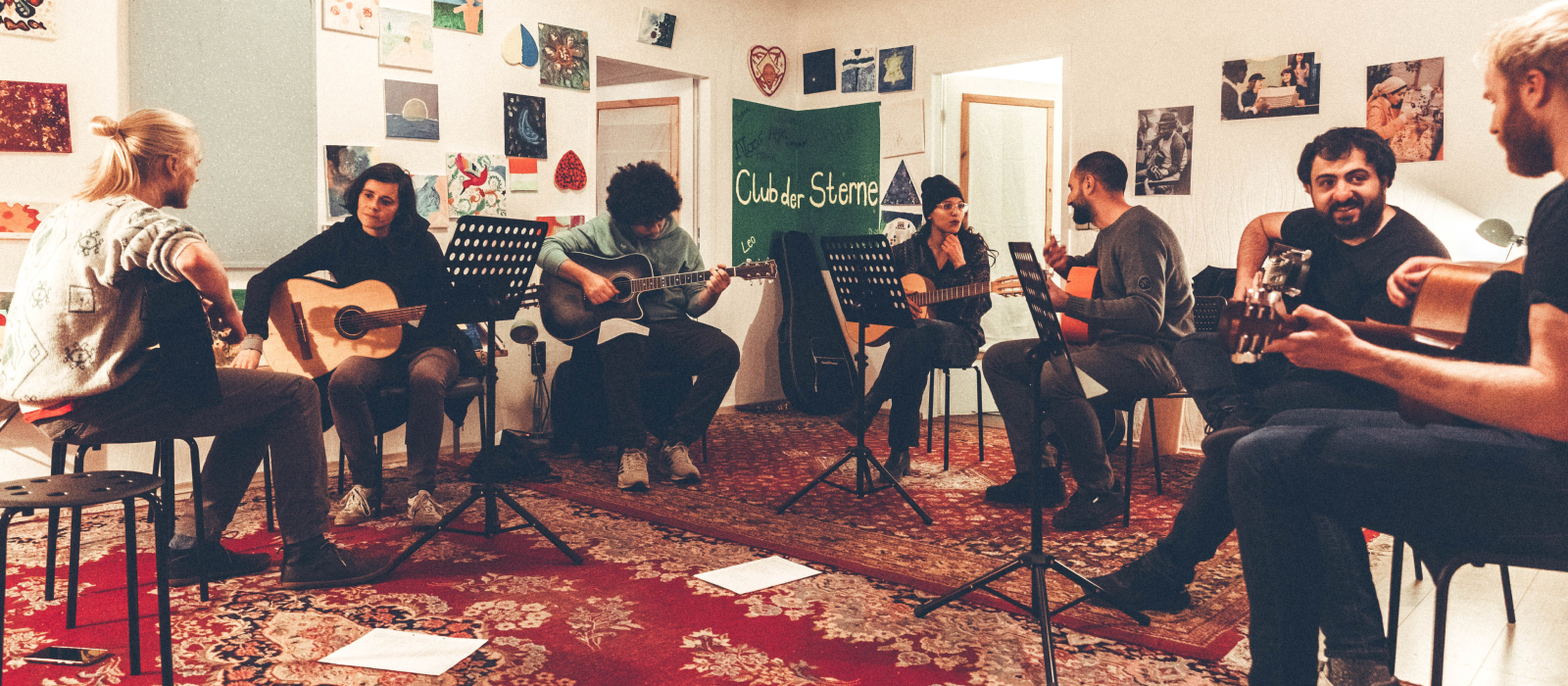

Making music together and experiencing community


DJ und Autorin Tante Kante erzählt dir von ihrem Lieblingsprojekt
need
A supportive community for migrants and refugees where they feel at home so that they can settle in Germany
activity
GSBTB offers free music lessons in which people from different backgrounds learn together and thus find connection to a community
Measurable performance
15 free music lessons per week for 10 refugees and migrants, number of music lessons per year, plus 2 performance events
Result
Participants not only learn new musical skills, but also build new communities through regular meetings to support each other
Systemically relevant impact
Improved social integration and reduced loneliness of refugees and marginalized migrants
background
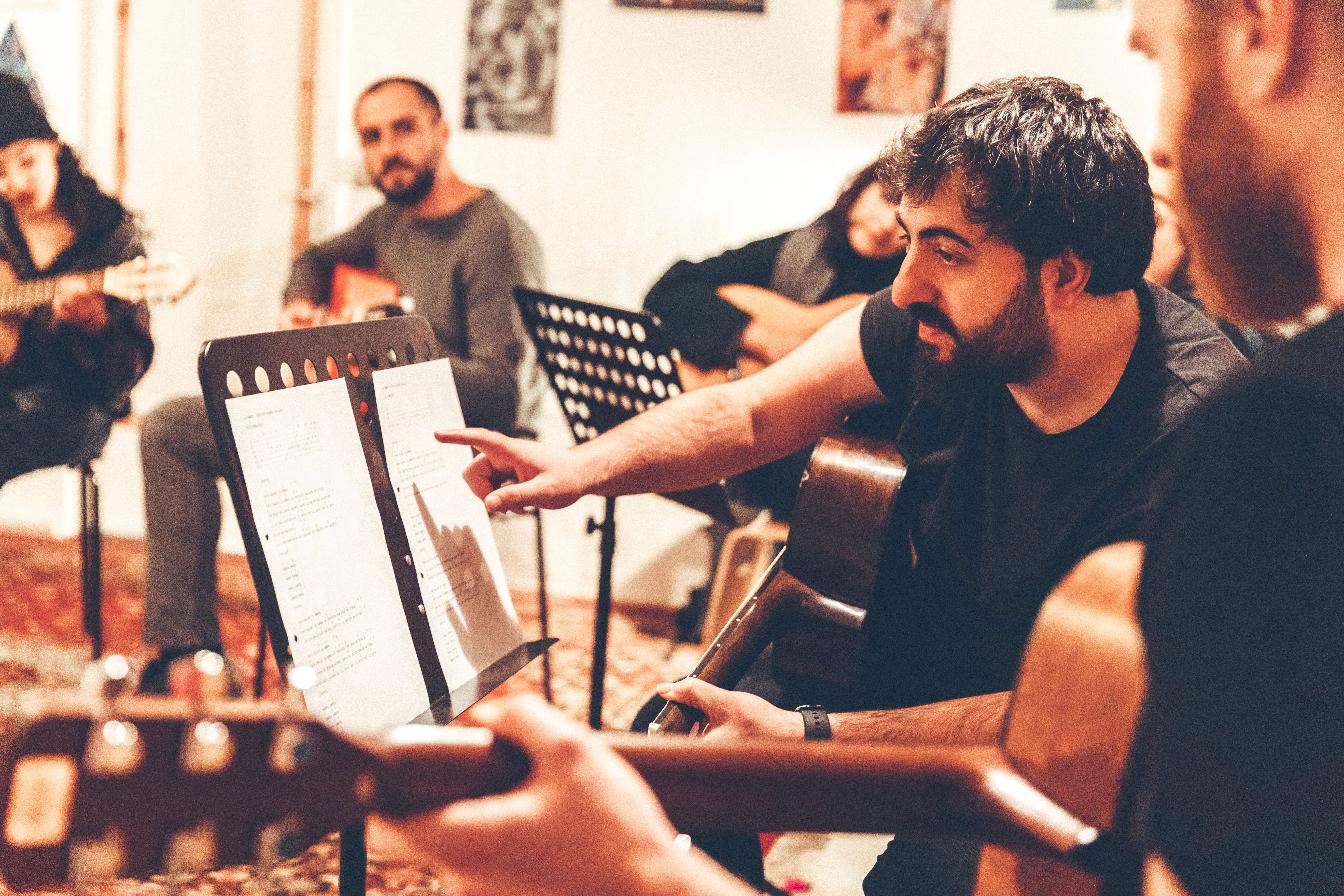
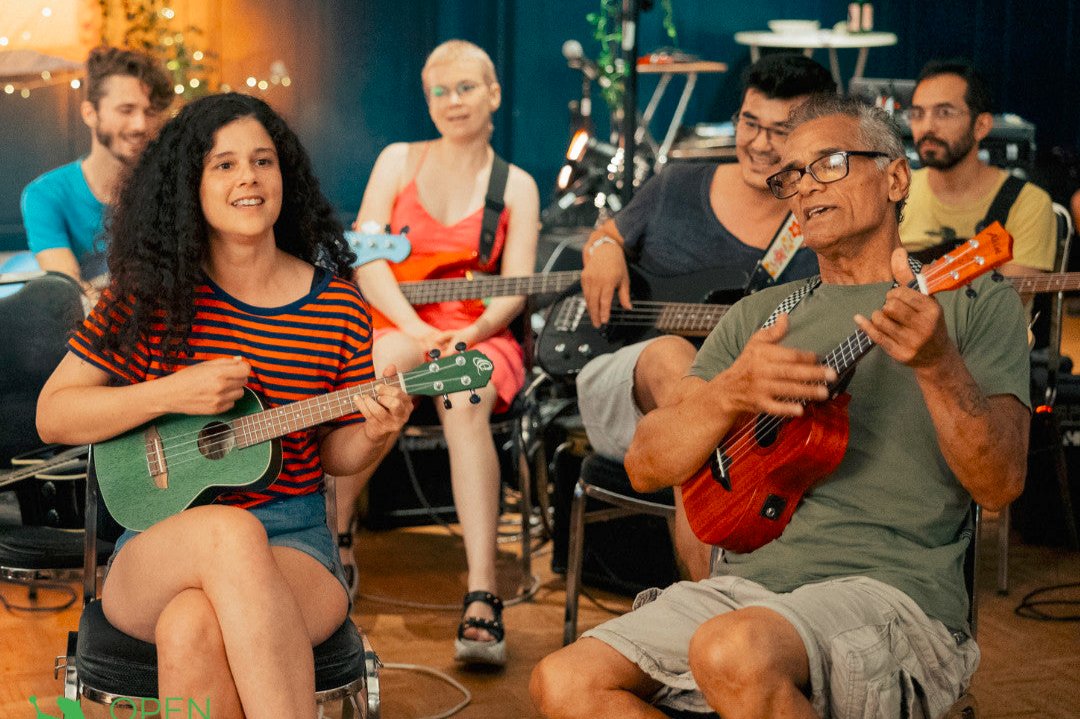
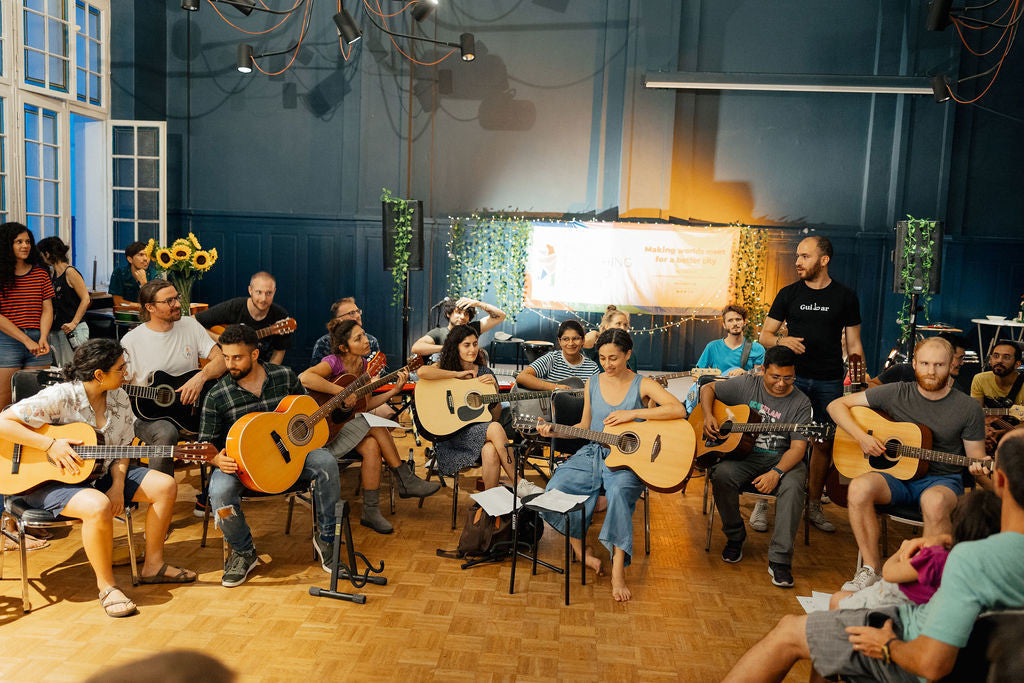
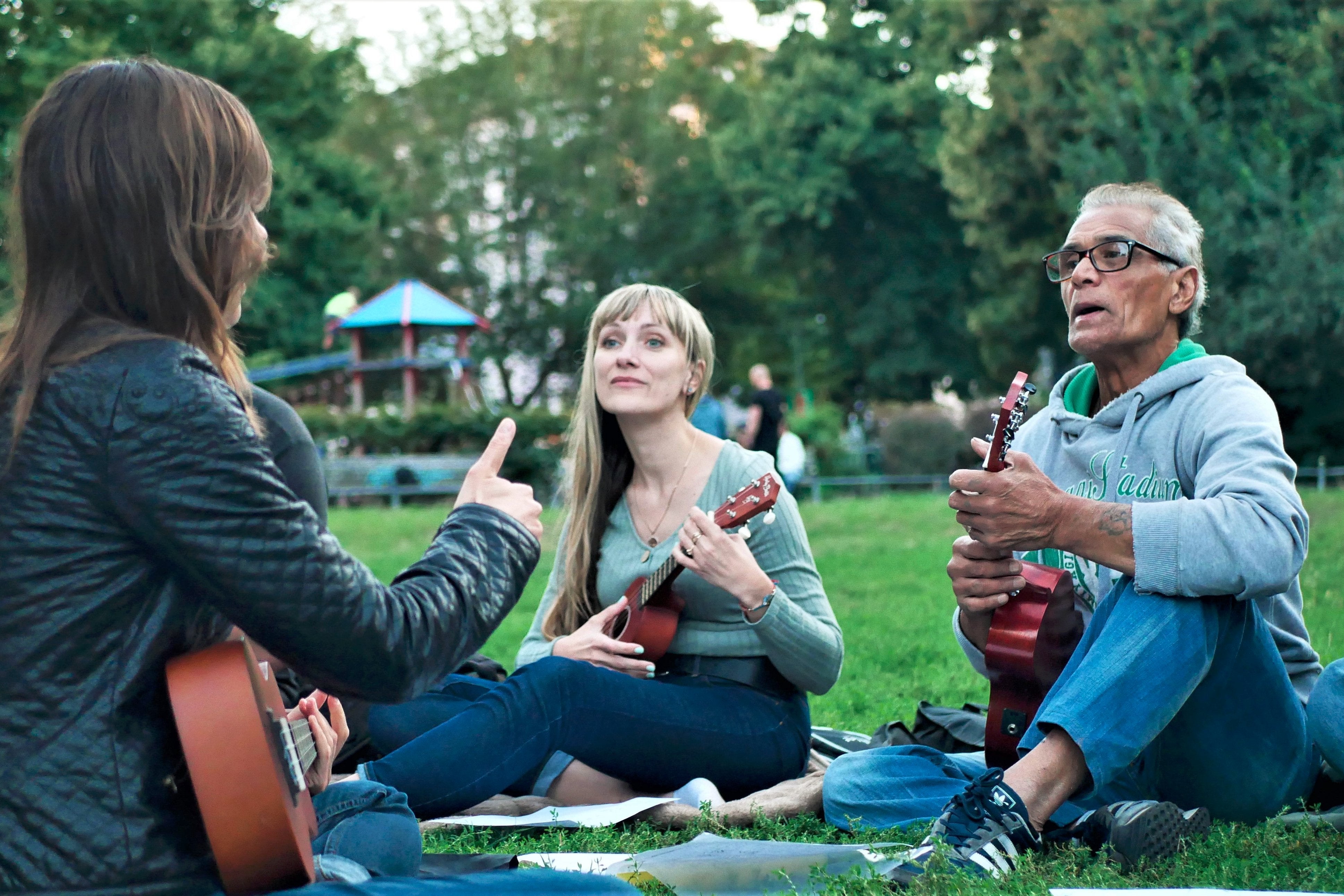
The good deed
About Germany
Berlin
Capital city
84,482,267
population
as of 2023
52,745.8
Gross domestic product
per capita per year in USD
as of 2023
0.950
Human Development Index
(Human Development Index)
as of 2023/2024




